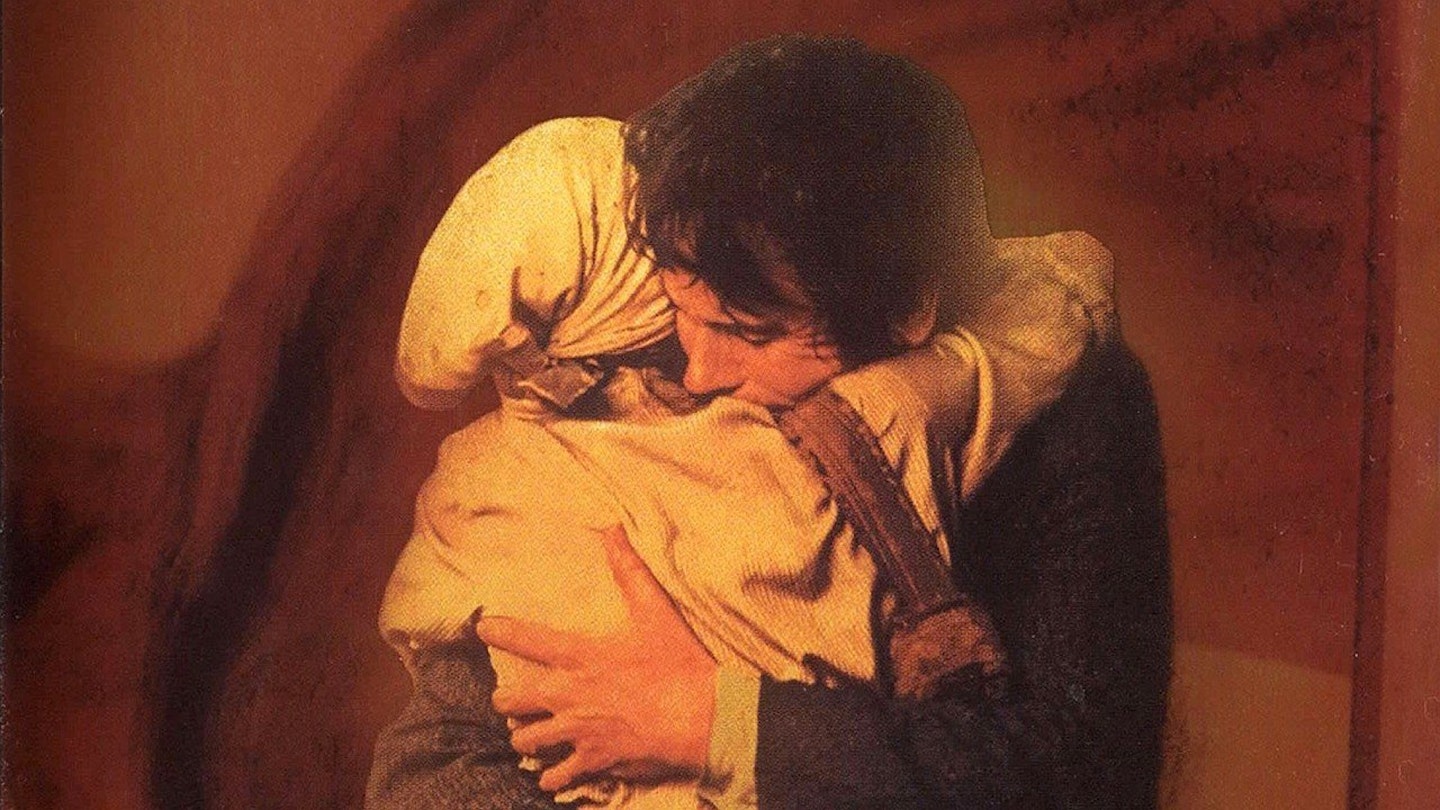Whatever you think about his massive ego/sex drive/haircut, you have to admire the size of the stones on Warren Beatty. With Ronald Reagan in the White House and at the beginning of a decade characterized by Gordon Gekko's, 'Greed is good' and a crusade against 'the Evil Empire', Beatty produced, directed, starred in and co-wrote (with playwright Trevor Griffiths) a three-hour biography of pro-Communist radical journalist, John Reed, the only American ever to be buried in the Kremlin. Given what happened in the next ten years, capitalist America clearly missed the point. Nevertheless, the film still makes a great socialist date movie after a hard day picketing McDonald's.
Taking the thesis that a true revolutionary must be as radical in his personal life as his politics, the film's spine is the troubled love story between Reed, author of Ten Days That Shook The World, and fellow-scribbler Louise Bryant (Diane Keaton], runaway wife of an Oregon dentist who reinvented herself as a journalist and free-thinker. It's not at all red flag-waving,with a real sense of why revolutions turn into dictatorships, and radical movements break up into mad circular arguments. Terrific scenes combine relationship and political themes as Reed and Bryant's marriage founders on their intellectual differences as well as her affair with grinning alcoholic playwright, Eugene O'Neilll Jack Nicholson), whose reaction to Louise's revolutionary fervour is, "Something in me says: watch it, a new version of Irish Catholicism is being born."
Beatty overcompensates for the heavyweight material by playing conventional biopic games and there are bits of would-be David Lean epicto struggle through. Beatty and Keaton frolick happily in love, handing out leaflets to the rebelling Russian crowds while the Internationale blares on the soundtrack, and considerably too much time is spent on cute puppy dogs, snowy Christmas trees and walks on the beach. Keaton, who often seems like Annie Hall Goes Anarchist, is better in break-ups and arguments than the passionate surrenders and sacrifices. Both she and Beatty frequently adopt a motormouth style to get over whole paragraphs of left-wing history.
Oddly, the big story of the birth of the Soviet Union plays less well than the more obscure stuff about the breaking-up of the American Socialist Party into two separate Communist parties. Reed dedicates a significant chunk of his life to the ultimately pointless task of lobbying the Soviets to recognise his Communist Labour Party, as opposed to the Communist Party of America. He is then stuck in a Finnish jail because everyone except Louise wants him out of the way prompting her to make a heroic journey of rescue that delivers a real old-movie climax. Intercut with the dramatised story are interview snippets from Adela Rogers St. John, Rebecca West, Henry Miller and other wrinkly witnesses whose views range from the adulatory ("As a journalist, Jack Reed was the tops") to the dismissive ("Were they socialists...? I've forgotten all about them"). The large cast, meanwhile, finds room for Maureen Stapleton, as radical martyr Emma Goldman, and Gene Hackman as a cynical newspaper editor.
